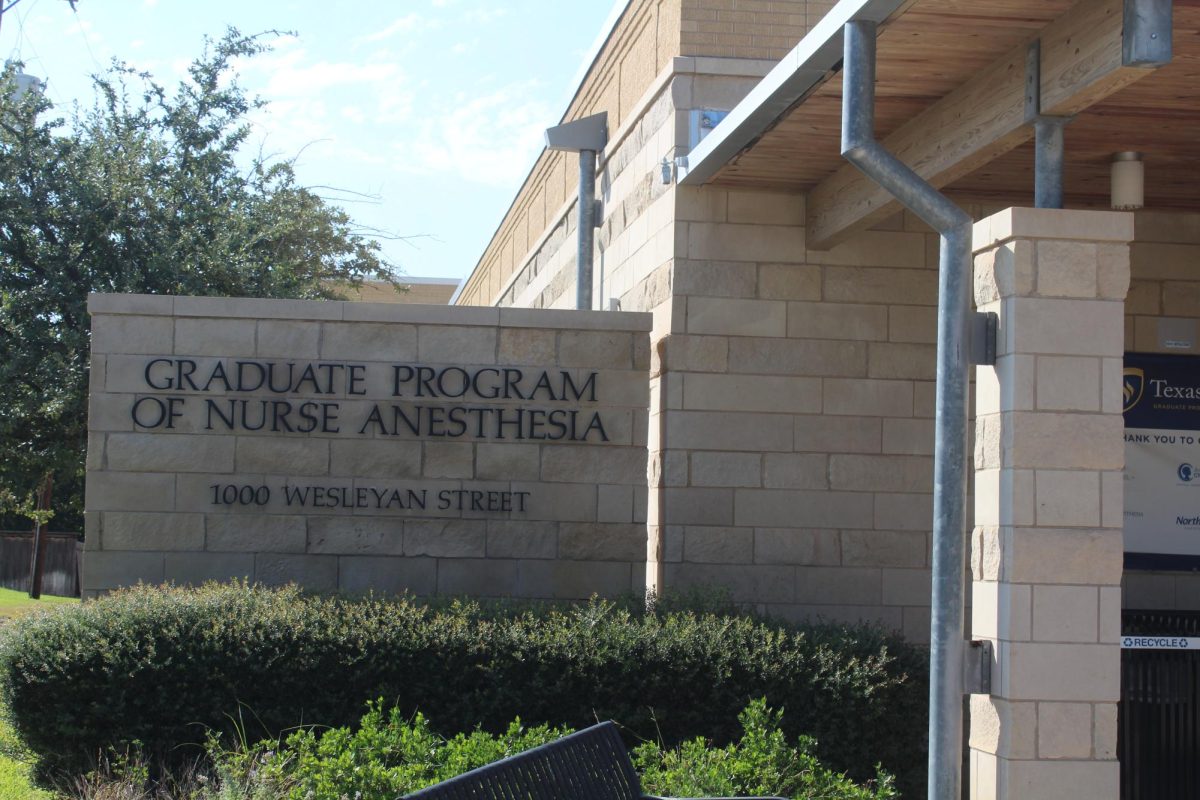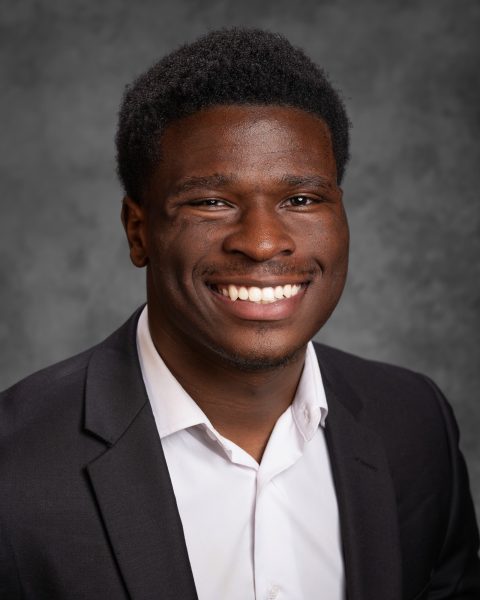The Graduate Program of Nurse Anesthesia (GPNA) has received a $500K federal grant to fund specialized trauma care training.
Awarded this past summer, the grant will fund specialized conferences, purchasing of medical equipment and accommodations for selected students. Funding from the grant will last a total of two years. Dr. Terri Kane, program director of the GPNA and professor of Anesthesia, was vital in securing the funds.
“[Students are] coming to a program that’s trying to give them above and beyond the minimum,” Kane said. “We want the best students to come here, and we want to give them the best.”
Though it was awarded in the summer, the funds became available in September. GPNA staff are in the process of planning the allocation of the funds. It is the first grant the GPNA has ever received.
“It was kind of a new experience for us. We weren’t sure what to write, how much to write, how to write,” Kane said. “First time out the door being successful, maybe that was unusual, maybe we just got lucky, but it was exciting.”
Trauma care specifically treats physical injuries caused by sudden impacts such as falls, collisions or blows which require immediate medical attention.
“Trauma is one of the leading causes of death in children and adults,” Kane said. “If we can move that needle just a little bit, if we can prevent some of those trauma deaths by taking care of people better, then [that’s] a win for the patient and that’s our first concern.”
Eight students will go through the two-month period of clinical training and field work from May to June. The training will emphasize hands-on experience in every stage of trauma treatment.
“In addition to being in the operating room doing those anesthetics, they’re going to be in the emergency department taking care of [trauma care patients] when they first come in,” Kane said. “They’ll be going out to the scenes of the accidents, either by ambulance or helicopter, and then bringing those patients back. So instead of seeing a snapshot of that trauma patient, they’re going to see the whole continuum. We want them to see that beginning to end.”
Funds from the grant will be allocated toward paying for the housing and transportation of participating students.
“[The grant] is going to be pay them to come [to TXWES] for that two months, pay their rent for the apartment, pay their transportation back and forth to the conferences, so that it’s financially viable and they’re not having to just suck up that expense or turn down the opportunity,” Kane said.
The grant will last a total of two years with a new set of eight students completing the clinical training in May to June 2025. Depending on student performance and outcomes, the grant may be renewed.
“If we can show that we’re delivering this information to more students and they’re attaining those outcomes, presumably we’d maybe get the grant again if we apply,” Kane said.
Awarded by the state of Texas, the training is exclusively for Texas residents.
“Texas is huge, lots of rural places, lots of places where they don’t have top-notch emergency care,” Kane said. “It takes a long way to get to some of the big cities… in trauma, the time matters, we’ve got to get to these people and get them the appropriate care. If we know how to do that better, then we’re going to make better choices and patients are going to survive.”
The funding is part of a concerted effort to improve statewide trauma care, especially in underserved areas. First-year GPNA student Laura Chaffin has a background in trauma care and grew up in a medically underserved Texas county.
“I come from a very underserved population in deep south Texas where a lot of people don’t have [medical] resources,” Chaffin said. “Being able to have the type of education to potentially help the people who are from where I’m from, it’s really exciting and great opportunity.”
A number of hospitals have already agreed to host the students completing the sub-specialty. Among them are Texas Health Harris Methodist Hospital and John Peter Smith Hospital.
“It’s really moving along, and it’s been really exciting to see the hospitals jumping on board,” Kane said.
The grant was awarded in differing amounts to graduate medical programs across Texas. The GPNA was among a select few nursing programs to receive the grant.
“We’re one of just a handful in the country that are doing this,” Kane said. “I just think our program is special that way.”
Kane hopes that the grant will be the first of many and aspires to add other sub-specialties to the GPNA’s clinical training such as pediatrics and obstetrics. First-year GPNA student Steven Patton reflected on the GPNA’s promising future.
“We’re learning something that’s important for healthcare,” Patton said. “It opens the door for future grants that will advance our profession and the education we get here.”









![Pippin, played by Hunter Heart, leads a musical number in the second act of the musical. [Photo courtesy Kris Ikejiri]](https://therambler.org/wp-content/uploads/2025/04/Pippin-Review-1200x800.jpg)
![Harriet and Warren, played by Trinity Chenault and Trent Cole, embrace in a hug [Photo courtesy Lauren Hunt]](https://therambler.org/wp-content/uploads/2025/02/lettersfromthelibrary_01-1200x800.jpg)
![Samantha Barragan celebrates following victory in a bout. [Photo courtesy Tu Pha]](https://therambler.org/wp-content/uploads/2025/05/20250504_164435000_iOS-834x1200.jpg)





![Hunter Heart (center), the play's lead, rehearses a scene alongside other student actors. [Photo courtesy Jacob Sanchez]](https://therambler.org/wp-content/uploads/2025/04/thumbnail_IMG_8412-1200x816.jpg)
![Student actors rehearse for Pippin, Theatre Wesleyan's upcoming musical. [Photo courtesy Jacob Rivera-Sanchez]](https://therambler.org/wp-content/uploads/2025/04/Pippin-Preview-1200x739.jpg)
![[Photo courtesy Brooklyn Rowe]](https://therambler.org/wp-content/uploads/2025/05/CMYK_Shaiza_4227-1080x1200.jpg)

![Lady Rams softball wraps up weekend against Nelson Lions with a victory [6 – 1]](https://therambler.org/wp-content/uploads/2025/04/Screenshot-2025-04-04-100924-1200x647.png)

















